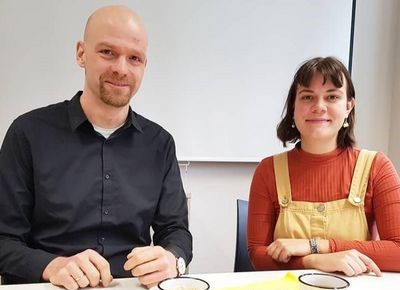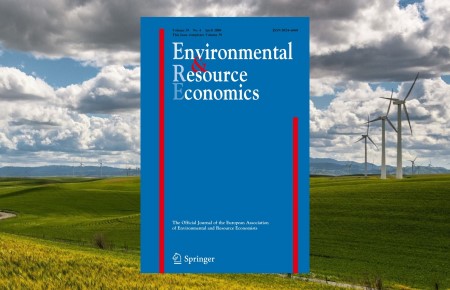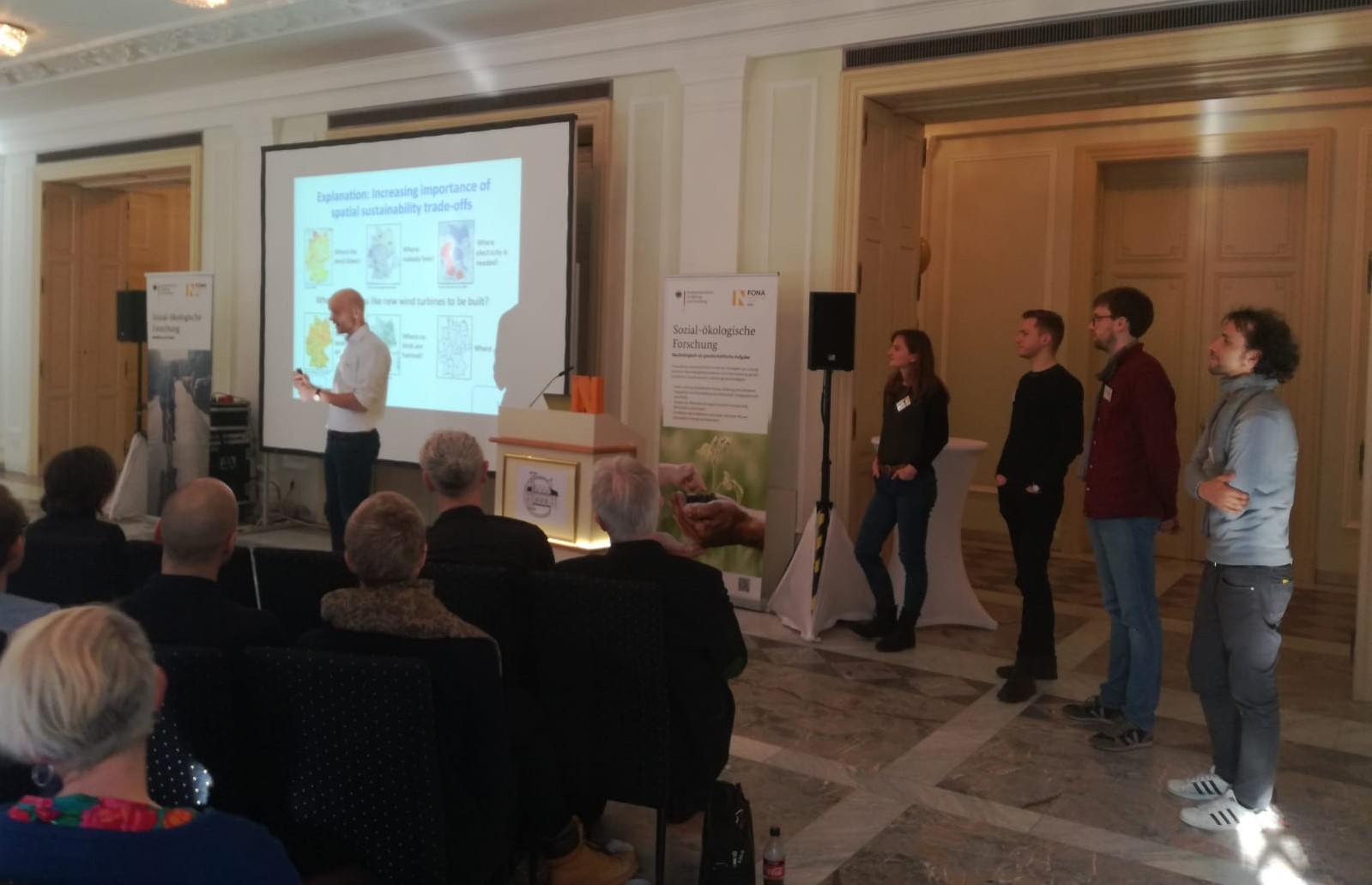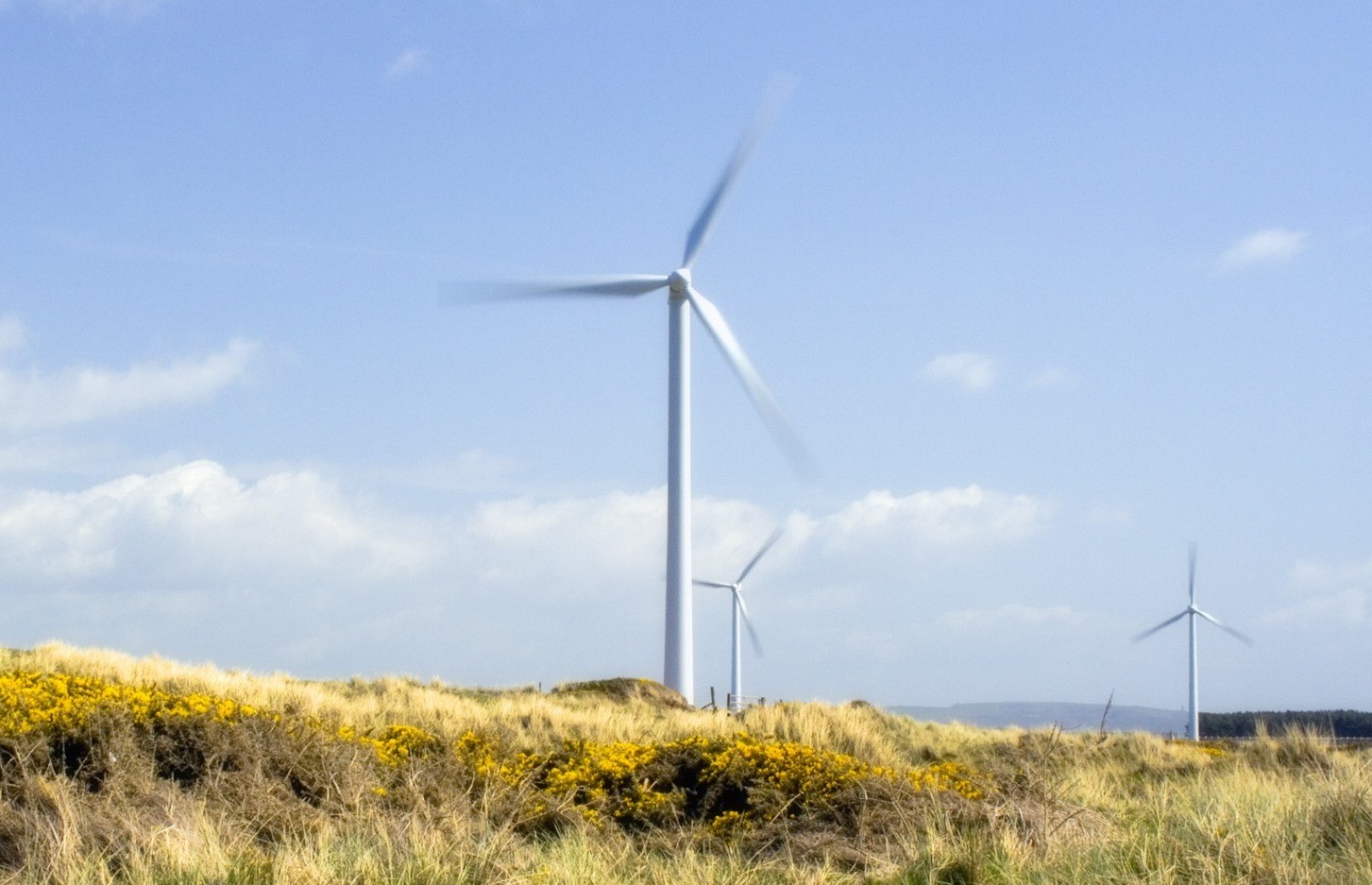 We are inviting submissions for our workshop “Governing the spatial deployment of renewable energies – Impacts, trade-offs and policy instruments”. The workshop is organized by the the junior research group MultiplEE and will take place at the Helmholtz Centre for environmental research (UFZ) in Leipzig (Germany) from 14th – 16th April, 2021.
We are inviting submissions for our workshop “Governing the spatial deployment of renewable energies – Impacts, trade-offs and policy instruments”. The workshop is organized by the the junior research group MultiplEE and will take place at the Helmholtz Centre for environmental research (UFZ) in Leipzig (Germany) from 14th – 16th April, 2021.
Many countries worldwide aim at climate neutrality by 2050. A key strategy to achieve this goal is the use of renewable energy sources (RES), like wind energy, photovoltaics and bioenergy. However, the deployment of RES technologies produces sustainability impacts and trade-offs: While contributing to the mitigation of climate change, RES deployment also generates energy system costs and may adversely affect human well-being and biodiversity.
After three years of interdisciplinary exchange and joint research on the sustainable deployment of renewable energies (RES), we would like to use this workshop to explore policy strategies governing the sustainable spatial allocation of RES deployment. What kind of spatial impacts and trade-offs can be identified? How can we design policy instruments to address these spatial trade-offs?
Topics of interests
- Spatial impacts and trade-offs of renewable energy deployment (e.g., energy system costs, environmental impacts, distributional concerns)
- Designing policy instruments to address spatial trade-offs, including comparative inter-national policy analyses
- Coordination of renewable energy policies across different levels of government (supra-national, national, regional, local)
- Dealing with spatio-temporal dynamics and uncertainties in regulation of renewable energy deployment
Format and Submission
Extended abstracts (PDF file, max. 2 pages excluding references) can be submitted until September 15th, 2020. All abstracts will be reviewed. The papers will be selected based on their scientific quality, originality, and how closely they relate to the main workshop themes. We also strive for a balanced mix of genders, senior and junior researchers, and international backgrounds. There is no attendance fee. We invite researchers from a broad range of disciplines, including environmental sciences, economics, law, political science, spatial planning, geography, and energy system analysis. To submit your abstract, please click on the following link.
Important dates
- Submission of abstract: September 15th, 2020
- Notification of acceptance: November 18th, 2020
- Submission of full paper and registration: March 1st, 2021
Keynote speakers
- Dr Rainer Baake (requested): Economist, Former State Secretary at the Federal Ministry for Economic Affairs and Energy
- Prof Dr Brett Day: Economist, University of Exeter
- Prof Christina von Haaren: Landscape planner, Leibniz University Hannover
- Prof Gundula Hübner: Psychologist, Medical School Hamburg
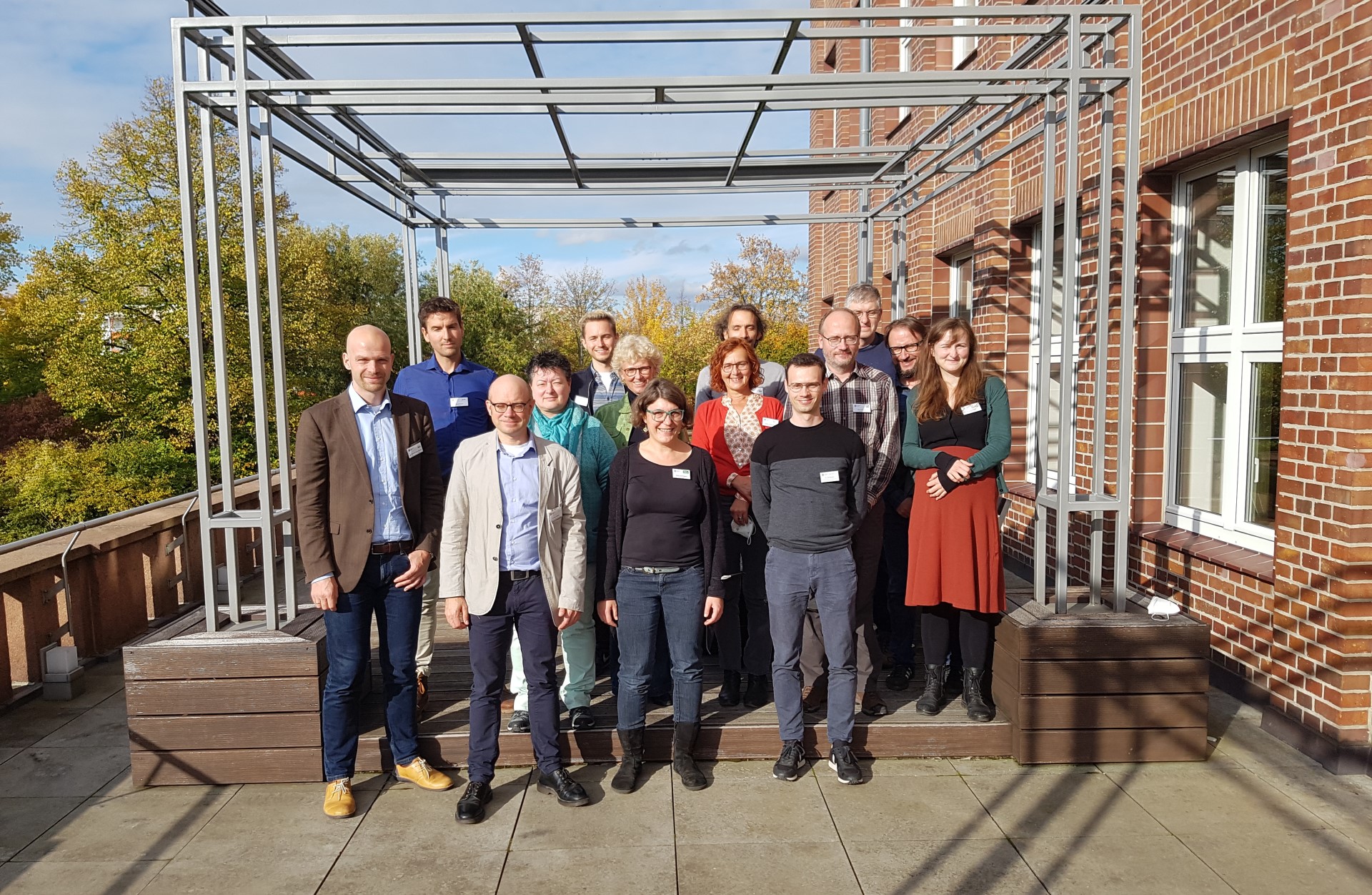
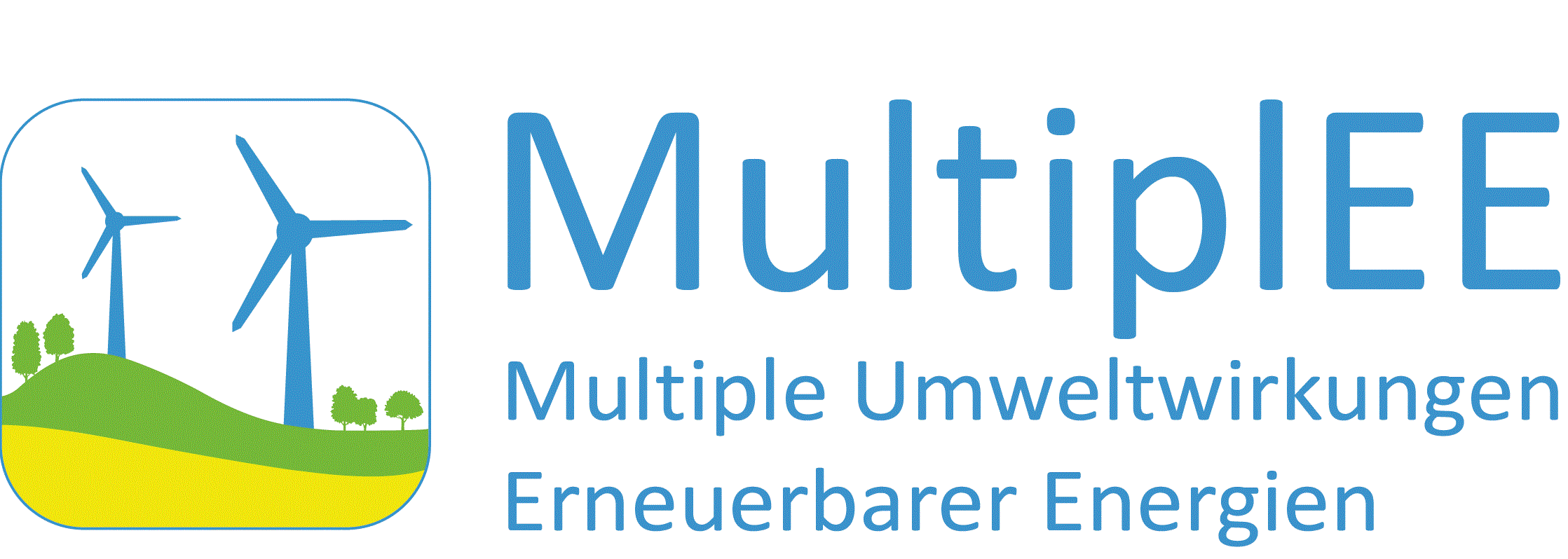


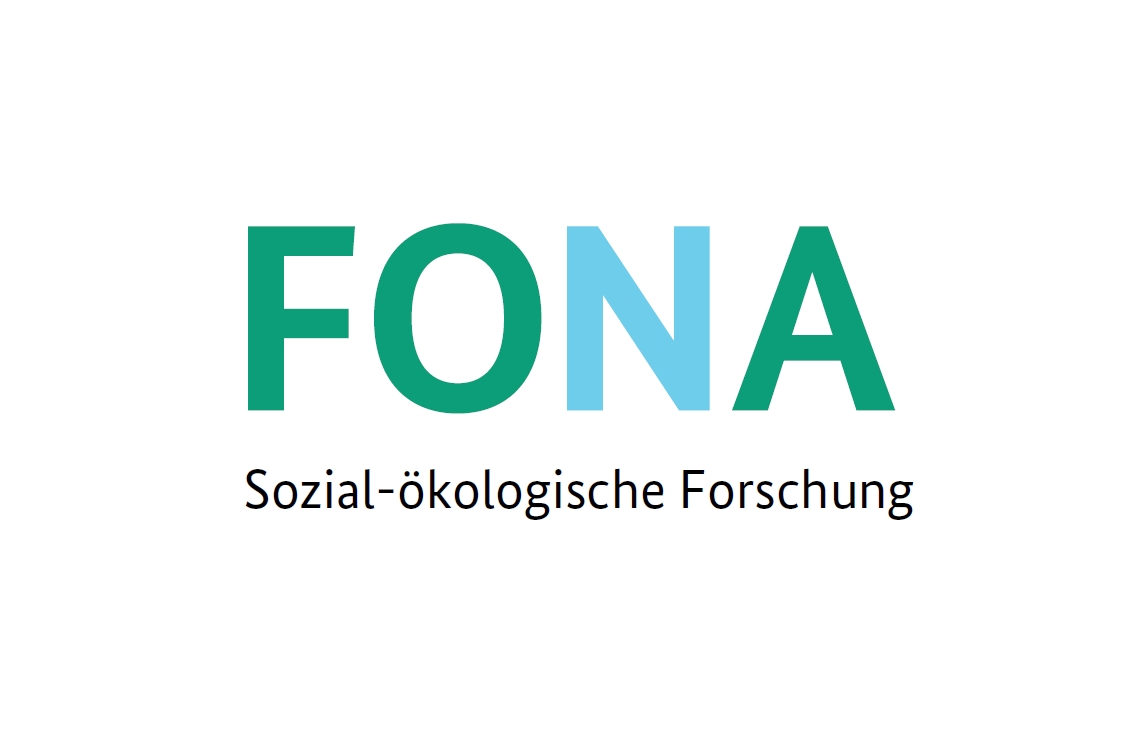
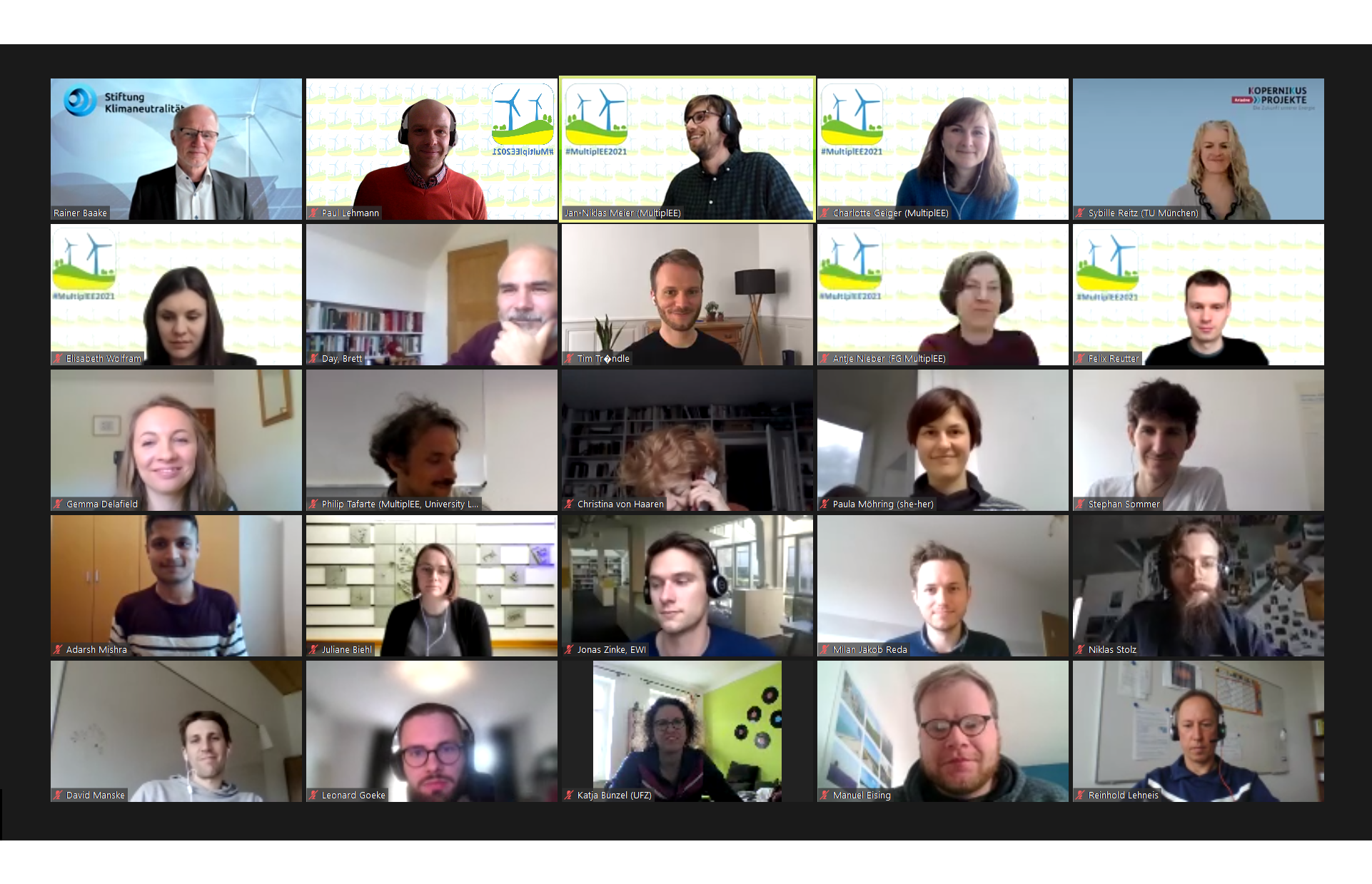 It would have been nice to host our
It would have been nice to host our 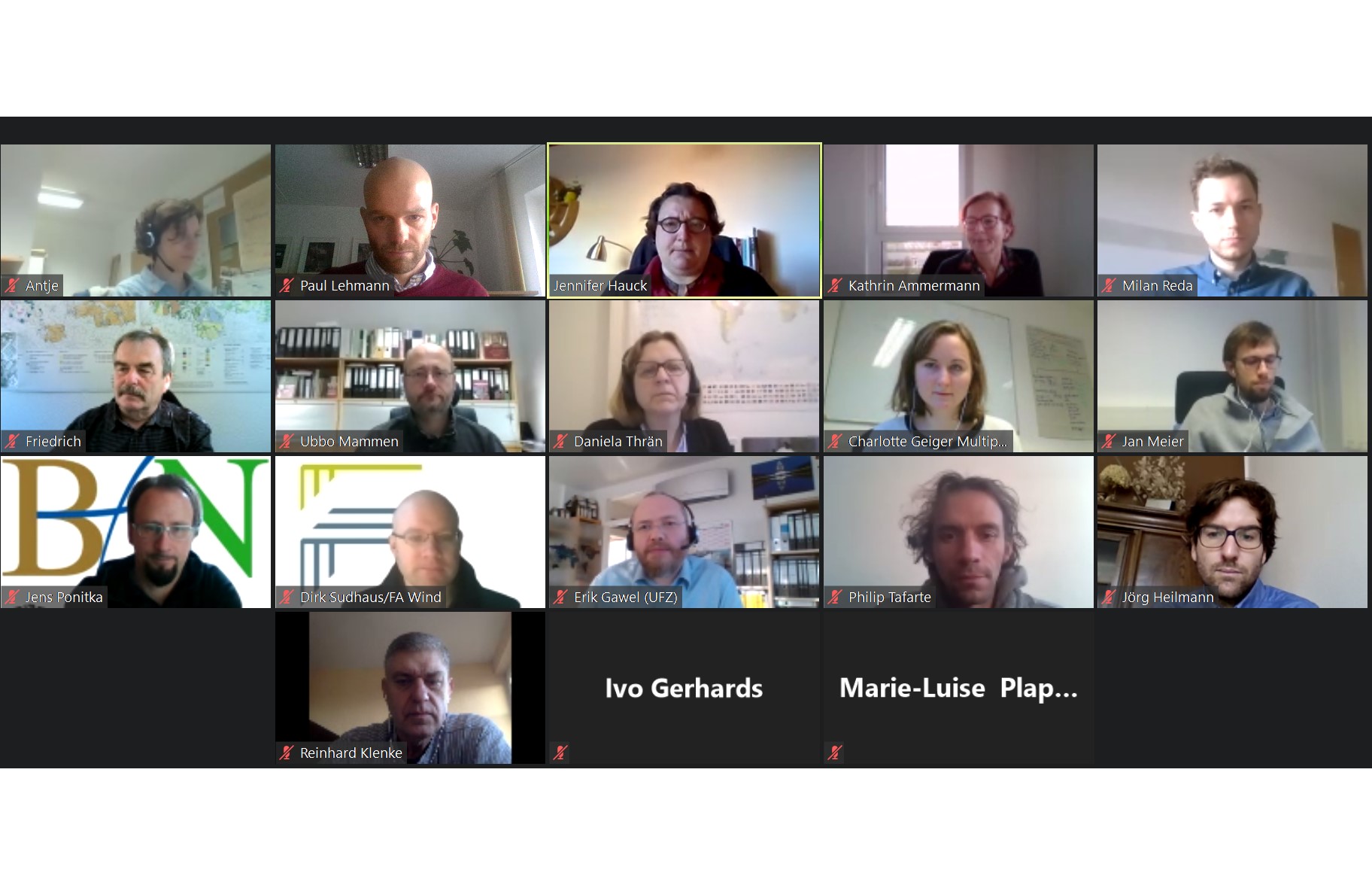 Also this year we exchanged views with our project advisory board, which consists of representatives from companies, science, specialist agencies, environmental and planning authorities. Together we looked back on the past MultiplEE year and reported on our work and the general progress of the project. In addition, some of the members of the advisory board took the opportunity to present their work in order to enter into a practical exchange.
Also this year we exchanged views with our project advisory board, which consists of representatives from companies, science, specialist agencies, environmental and planning authorities. Together we looked back on the past MultiplEE year and reported on our work and the general progress of the project. In addition, some of the members of the advisory board took the opportunity to present their work in order to enter into a practical exchange.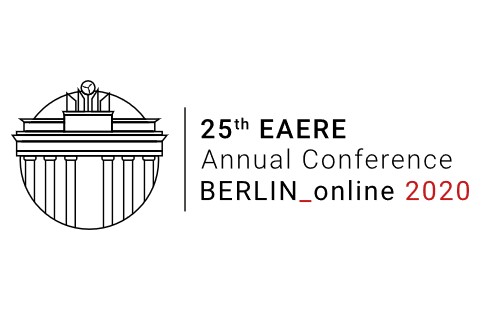
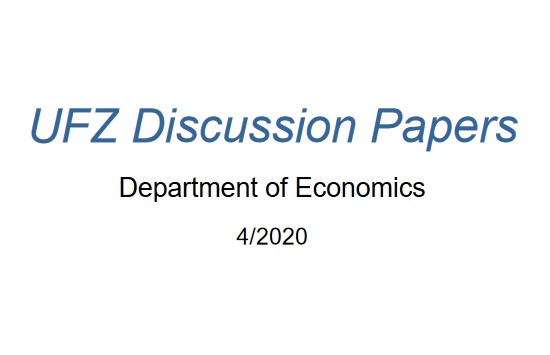
 We are inviting submissions for our
We are inviting submissions for our 